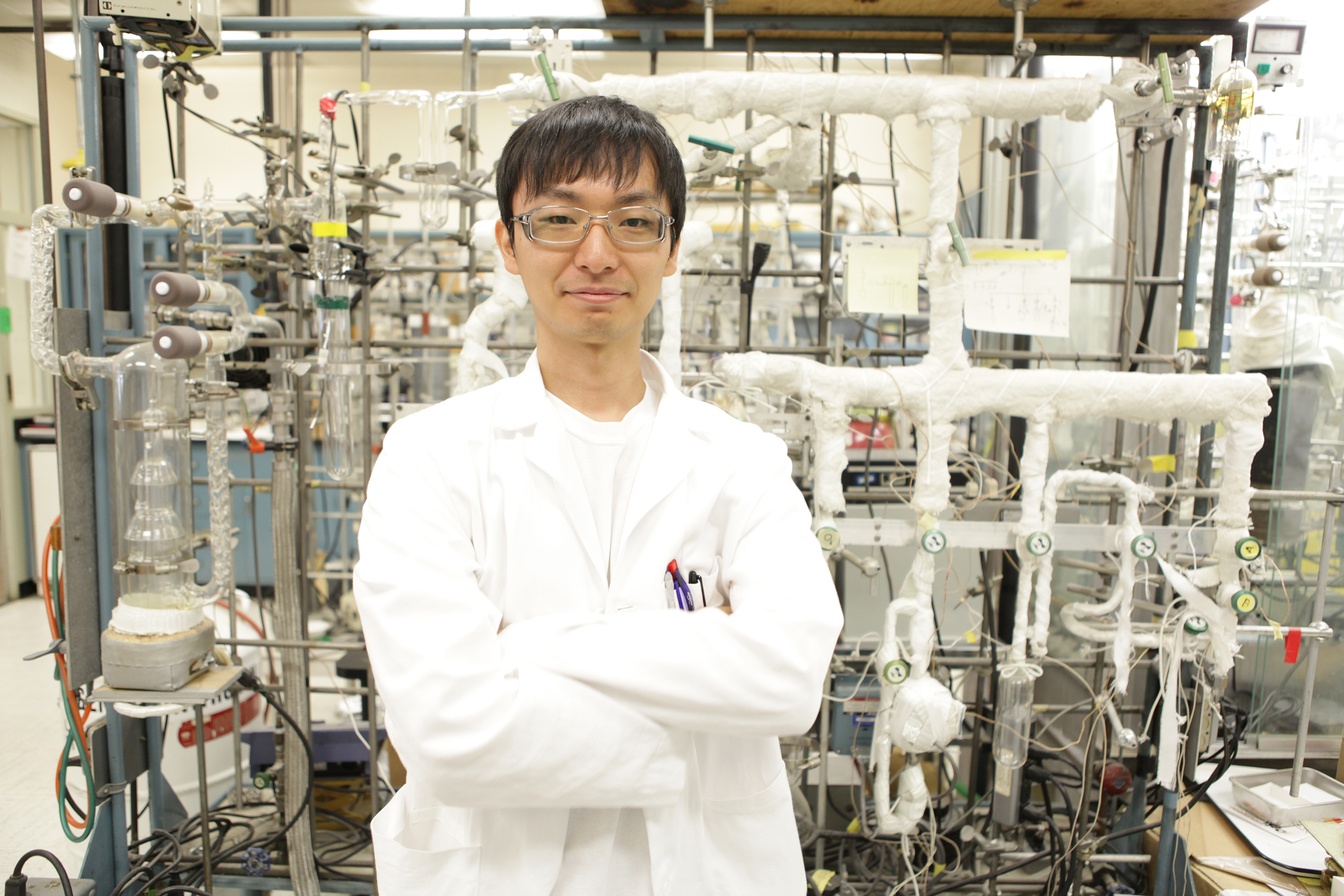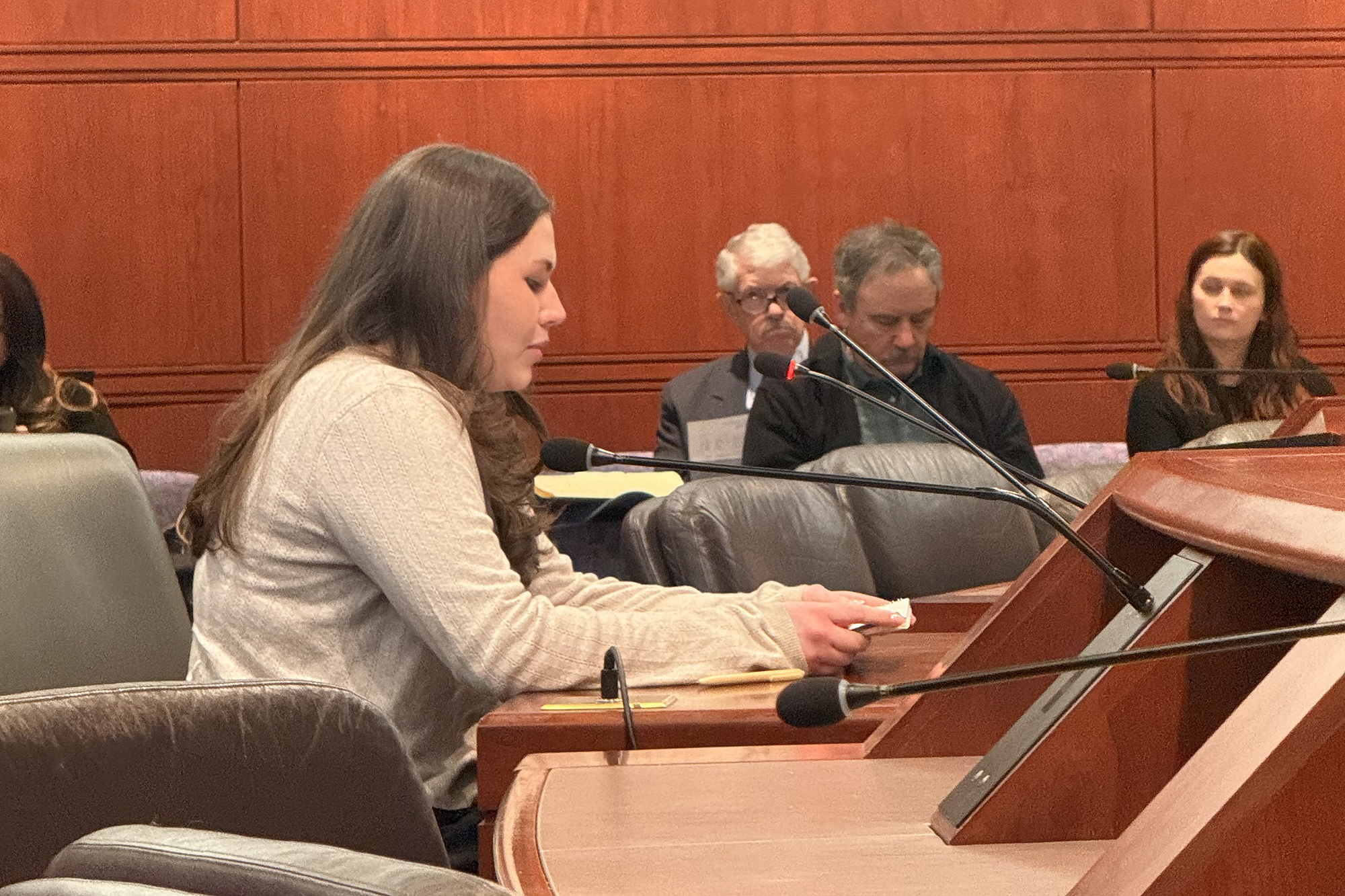Tomoyasu Mani, an assistant professor of chemistry at the University of Connecticut, has received award funding from Japan Science Technology Agency for a three and a half year project-to study the potential to control the emission of molecular optical probes and develop new imaging technology based on magnetic sensitivity to such probes.
Optical imaging has become a powerful technique in biomedical research; optical probes allow researchers to observe cell-level events in real time and track molecular processes noninvasively. However, currently emissivity, a measure of thermal radiation, in optical molecular probes is difficult to control with weak external stimuli. With the ability to control emissivity, researchers could potentially create new imaging technologies with higher sensitivity, selectivity and resolution.
Mani tests the hypothesis of using a small external magnetic field as a switch to control one type of molecular emission. These magnetic fields are “transparent,” meaning they do not depend on biological environments, thus allowing researchers to control molecular emissivity in deep tissue. Mani and his team will develop a single molecule that is responsive to magnetic emissions.
The UConn researchers will use the molecule they develop to create a new technology to address the problem of poor resolution of optical tomography, a 3D imaging technique produced by optical probes. Mani will work to make new technology in which they apply magnetic fields to improve the resolution of optical tomographic images. This work will help deepen fundamental understanding of basic molecular design principles for optical probes and apply them to proof-of-principle imaging experiments.
Mani received his Ph.D. from the University of Pennsylvania in biochemistry and molecular biophysics in 2013. His research focuses on the application of physical chemistry methods to understand the basic mechanism of charger and energy transfer in molecular systems for applications in renewable energy and biomedical imaging technologies.



